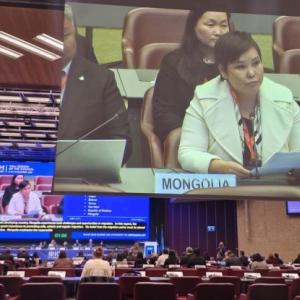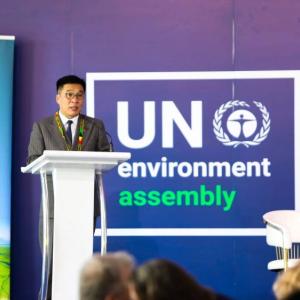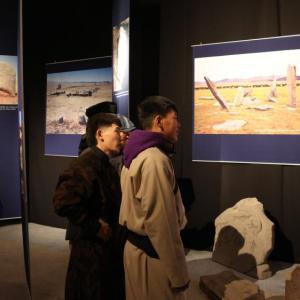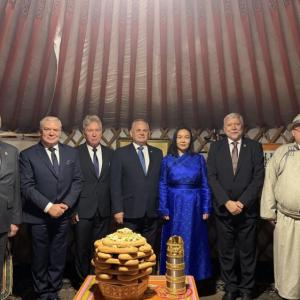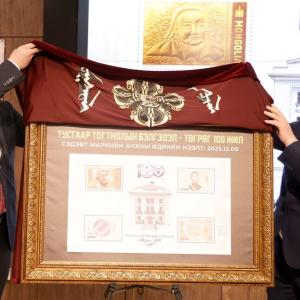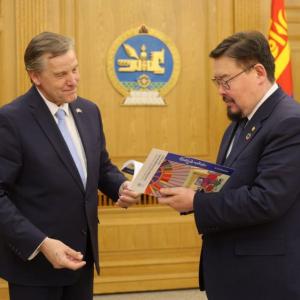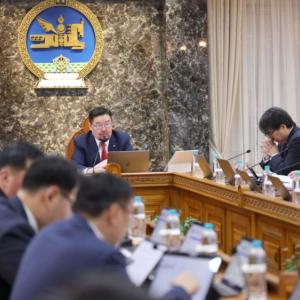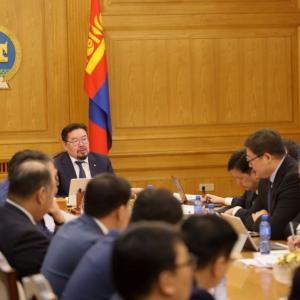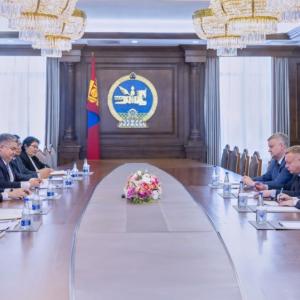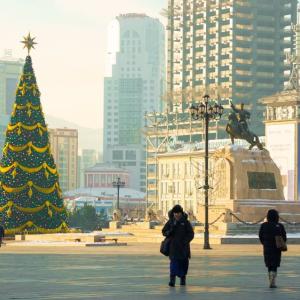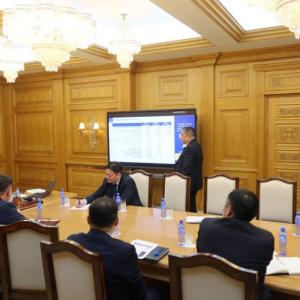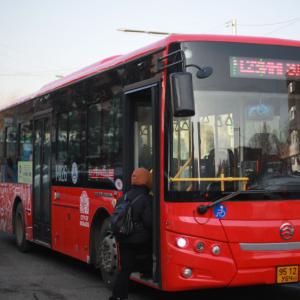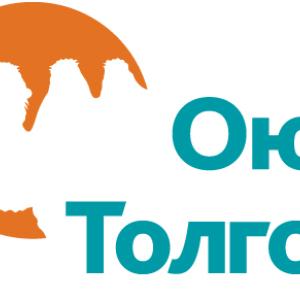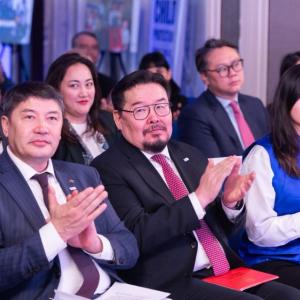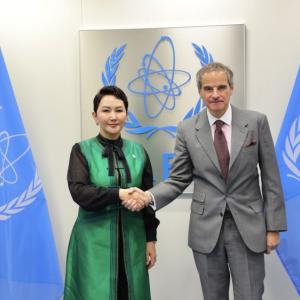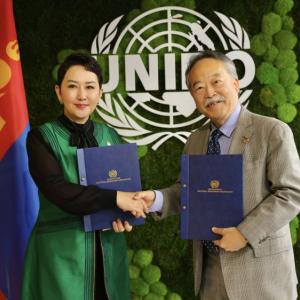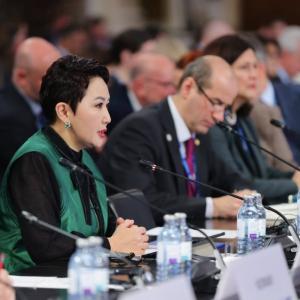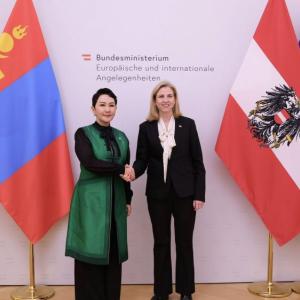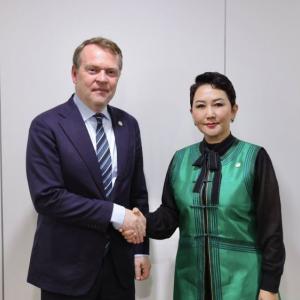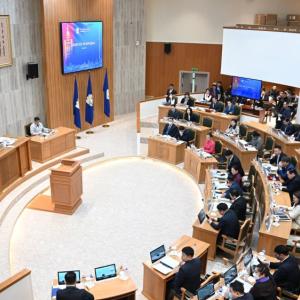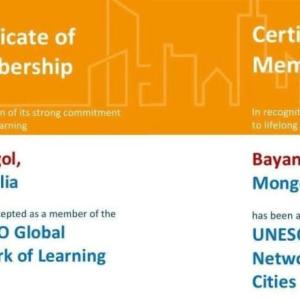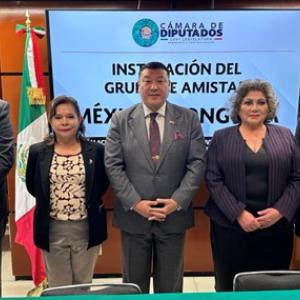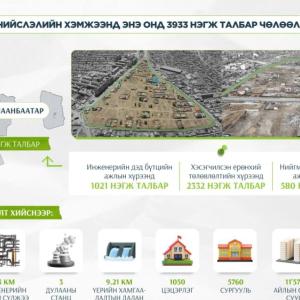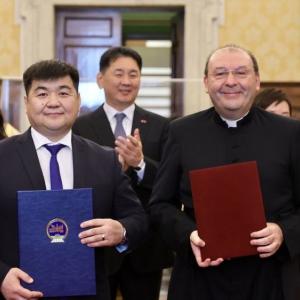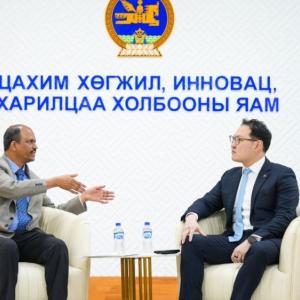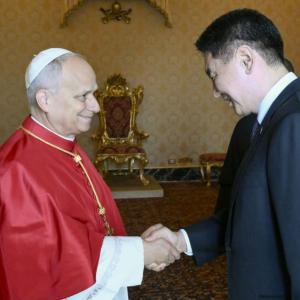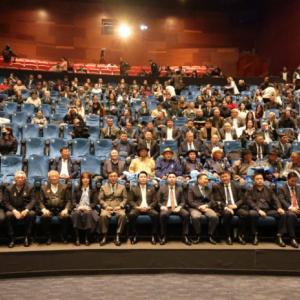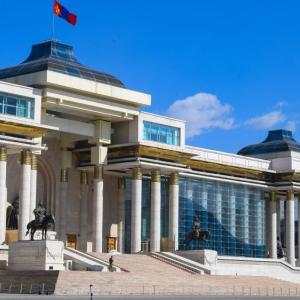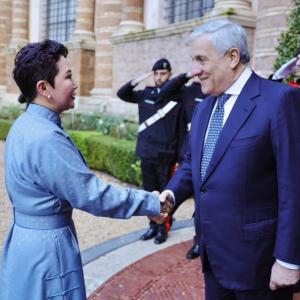The Draft Law on Amendments to the Law on Legislation Submitted to the Parliament
Politics
Ulaanbaatar, January 24, 2025 /MONTSAME/. On January 23, 2025, Head of the Standing Committee on Justice Tsogtbaatar Damdin submitted a draft Law on Amendments to the Law on Legislation to Chairman of the State Great Khural of Mongolia Amarbayasgalan Dashzegve.
Initiators of the draft considered the need to amend the Law on Legislation, which regulates relations in initiating and drafting laws and other provisions of the State Great Khural in accordance with Constitution, the International Covenant on Civil and Political Rights, to which Mongolia is a party, Mongolia’s long-term development policy, the 2024-2028 Strategic Plan of the Parliament, determining requirements to set on drafts of the legislation, ensuring public participation in the drafting, submitting the drafts to the Parliament, publishing and promoting of the adopted legislation, and assessing their implementation outcomes. Moreover, since 2015, 93 sections and 54 clauses of the Law on Legislation have been amended, or a total of 111 sections and 64 clauses have been amended in a repeated count. In this regard, there is a need for technical adjustments to standardize the structure, terminology, and content of this law.
Amendments were proposed to the Law on Legislation, including the need to carry out the impact assessment of a draft law by independent research or analytical organizations, introducing a specific methodology for evaluating the compliance of draft laws with human rights standards, broader estimation of the costs associated with implementing laws, and the inclusion of comparative studies in the preparation of legal drafts when necessary.
The draft Law on Amendments emphasizes that any amendment to an existing law should be consistent with the principles and content of the original law and related draft laws. It also mandates that public feedback be incorporated into the drafts, and the justification for the proposals should be included in the detailed presentation of the draft. Moreover, the draft suggests developing the unified legal information system (legalinfo.mn) into a centralized platform for public consultations on law drafts.
Regarding the special powers of the State Great Khural to legislate, the draft law on Amendments seeks to eliminate any provisions that restrict the scope of these powers. The draft proposes that regulations granting administrative acts be limited only to specific instances authorized by law, such as implementing particular provisions or organizing related activities. Furthermore, it specifies that no administrative act should restrict human rights and freedoms or regulate issues that the Constitution requires to be addressed by law.
Furthermore, the draft Law on Amendments calls for mandatory consultations with the Supreme Court, the Prosecutor General’s Office, and the Human Rights Commission for law drafts affecting human rights or judicial processes. For laws that have been in effect for five years or more, the draft law requires a formal evaluation of their effectiveness and public discussions on the findings.
By approving this draft Law on Amendments, it is expected that the quality of legal implementation will improve, ensuring that all laws comply with the fundamental principles of the Constitution and human rights. This will eliminate conflicts and inconsistencies between laws, improve the quality and efficiency of lawmaking, and enhance the reliance on research and evaluation in the legislative process.
 Ulaanbaatar
Ulaanbaatar





